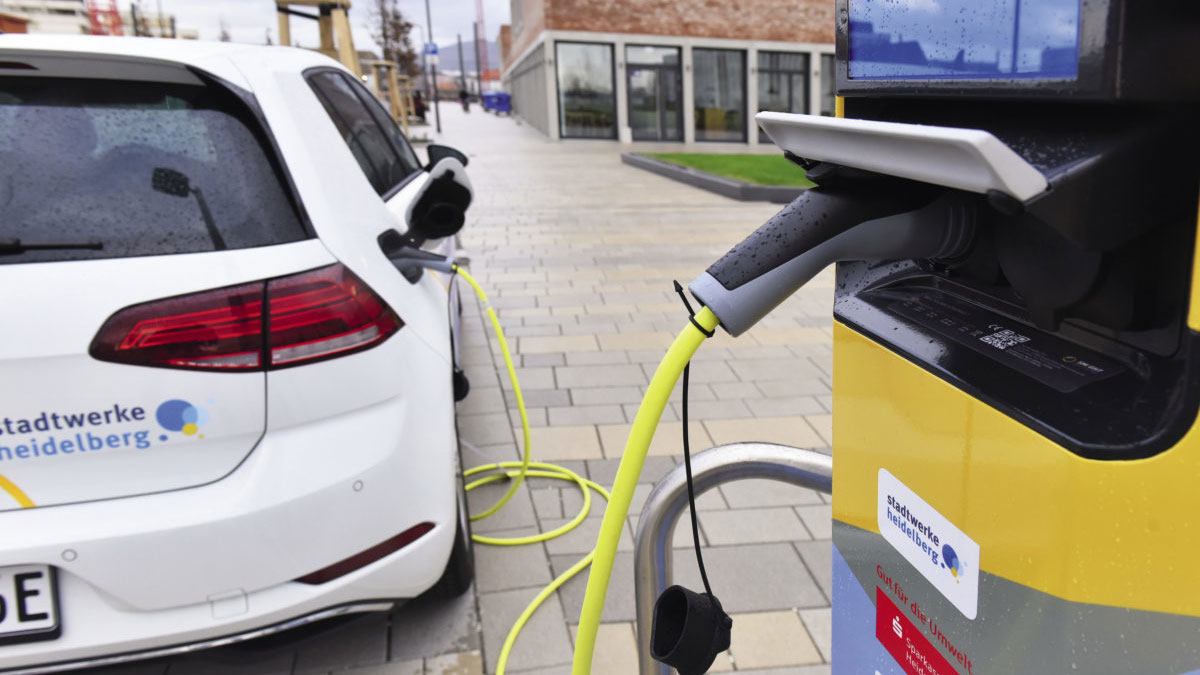Germany has seen a significant increase in the number of electric cars on its roads, with 1.4 million currently in use, according to data from the Federal Motor Transport Authority. A study conducted by energy company Eon highlights the positive impact of this transition to electric vehicles. It reveals that approximately 1.1 billion liters of diesel and petrol are saved each year when compared to a fleet of combustion engine cars of the same size. This amount is equivalent to 7.4 million bathtubs filled with fossil fuels.
Beyond saving fossil fuels, electric cars contribute to a reduction in greenhouse gas emissions. The study shows that if these vehicles were charged exclusively with renewable energy, approximately 3.4 million tons of CO? emissions could be avoided annually. Even when charged with the current German electricity mix, there would still be a considerable saving of around 2.5 million tons of CO? emissions per year. The positive effect is strengthened by the increasing share of green electricity in Germany's energy mix.
The calculation method used in the study took into account data on vehicle population, annual mileage, and average consumption of both electric and combustion engine cars from the Federal Motor Transport Authority and ADAC. By assuming that each electric car replaces a combustion engine car, the study calculated the emissions and fossil fuel savings. The specific emissions of diesel and petrol, as well as the CO? balance of the German electricity mix, were included in the calculations.
Source: Eon

